First experiences and recommendations to deploy an e-bus opportunity charging system
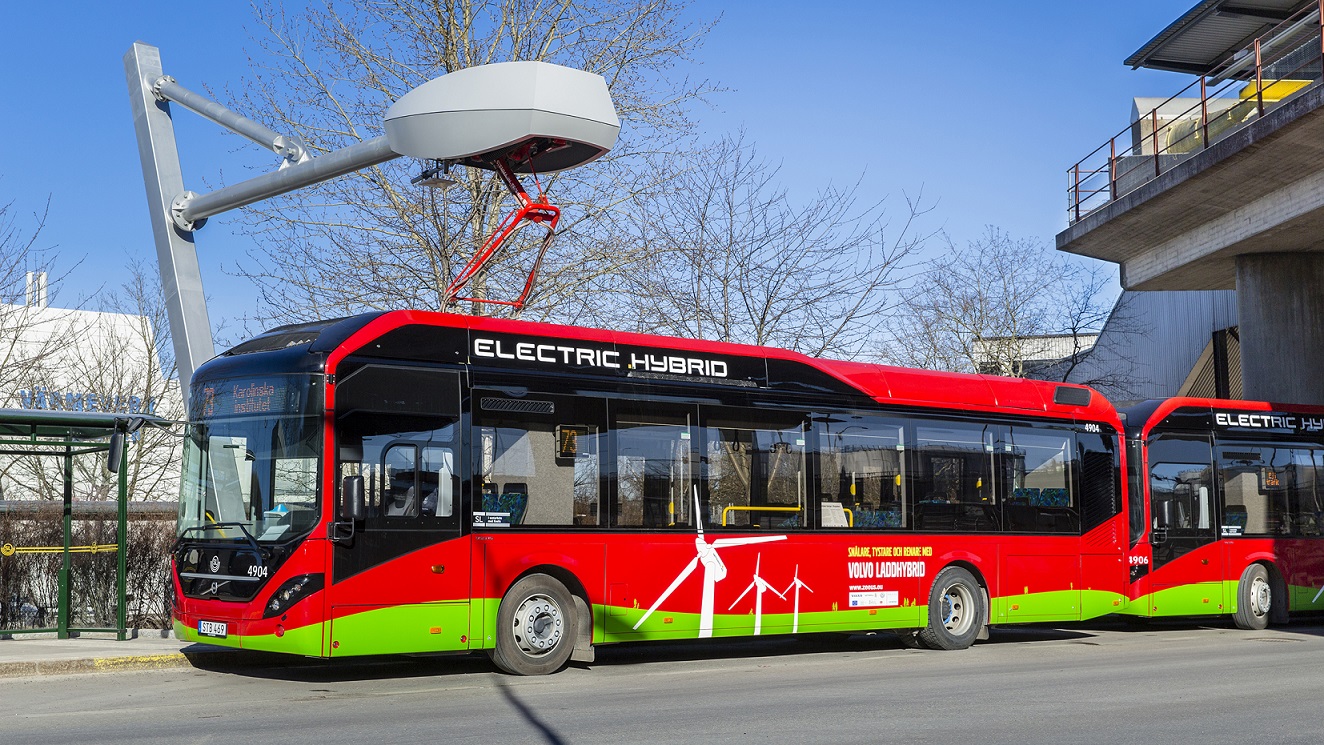
The first workshop of the ZeEUS Observatory took place on 1 June 2016 in Stockholm. ZeEUS Partners met with the Observatory Members and User Group Members in order to analyse and discuss all aspects of the opportunity charging.
Different technical solutions for opportunity charging & standardisation
Participants stressed that interoperable infrastructure is indispensable, different PTOs exploiting bus lines on the same territory must be able to share the same chargers. It plainly means that any electric bus can be charged with any charging equipment without restriction. Communication protocol between bus and charger can be interoperable in the short term, and there is a need to have a common method of docking the buses with the infrastructure. In the process, different actors should be involved - impartial organizations to certify chargers and buses, and bus manufacturers to guarantee that the bus works with different chargers. A test protocol using a single methodology should also be established to ensure interoperability between different buses and station.
Infrastructure aspects: civil works, building permissions, connection to the grid…
It is all about planning and facing the unexpected! In the process, different actors should be involved: PTA, PTO, municipality, local communities, vehicle/infra/battery manufacturers, road authority, national energy regulator, electricity distribution system operators DSO, grid owner, power utilities and suppliers… However, inclusion of many stakeholders may prolong the process – up to 2-3 years until deployment. Correct preparation is key – before implementation, it should not be forgotten to set up a governance team, use a system approach and conduct a feasibility study in line with operational needs. During the implementation, risk and responsibilities should be shared among the involved stakeholders, as well as incentives should be offered to for the grid owner/ distribution system operator.
Technical vs. operation trade-off (service schedule vs charging time, lifetime of the battery vs charging power, share of charge)
As not all the factors are known at the moment, more data is needed in order to determine the influence of consumption, battery lifetime, battery exploitation on operations, to support the decision-making process and the choice of the right e-bus.
Before purchasing the bus, a good analysis of the line is needed to choose the appropriate vehicle type. To ensure correct operation and maintenance of the vehicles, industries need to be actively involved in training the staff. Sharing infrastructure with other modes is not possible at the moment due to the lack of standardization.
Infrastructure funding & procurement: Who pays? Who owns?
The role of PTAs in the process is crucial, authorities should be more involved in the administrative part, whereas PTOs should concentrate on bus operation. The authority should take a more decisive role for the on-road charging infrastructure for opportunity charging to ensure a comprehensive management of the infrastructure, as operators are not owners of public space where these facilities should be installed.
It is suggested that the entity that invests in on-road bus charging infrastructure for future demand should also be the one that owns it. This would affect the contractual relationship and trade-offs would need to be made. Here, operators are essential in order to present to the authority how an adequate location of charging infrastructure could reduce battery size and weight on board, thus increasing the performance of the system.
Finally, the emergence of infrastructure needs for private electric vehicles is a challenge for bus operators. The municipalities and transport authorities should have a strong say in making sure that PT infrastructure is not harmed.
The report from the workshop is available in the section RESULTS.
More workshops are coming! You can still join the ZeEUS Observatory and be invited to the workshop dedicated to the technology tested in your city. The ZeEUS Observatory, a collection of the urban bus system electrification experiences around Europe. This unique platform offers direct discussions with the other stakeholders implementing e-buses.
Any public transport stakeholder involved in an e-bus experience (pilot, test, demonstration, definitive introduction etc.) is invited to join the ZeEUS Observatory! If you wish to join, please contact Pauline Bruge (pauline.bruge@uitp.org, +32 2 788 01 15).
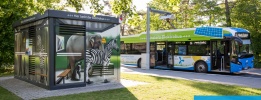

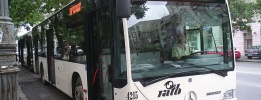

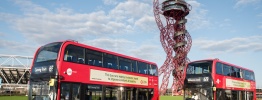
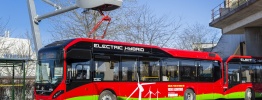
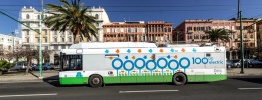
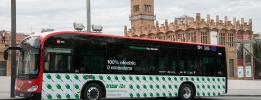
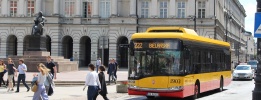
 ZeEUS is co-funded by the European Commission under the 7th Research & Innovation Framework Programme, Mobility & Transport Directorate General under grant agreement n° 605485. The ZeEUS project has been launched by the European Commission in the frame of the European Green Vehicle and Smart Cities & Communities
ZeEUS is co-funded by the European Commission under the 7th Research & Innovation Framework Programme, Mobility & Transport Directorate General under grant agreement n° 605485. The ZeEUS project has been launched by the European Commission in the frame of the European Green Vehicle and Smart Cities & Communities Coordinated by UITP
Coordinated by UITP